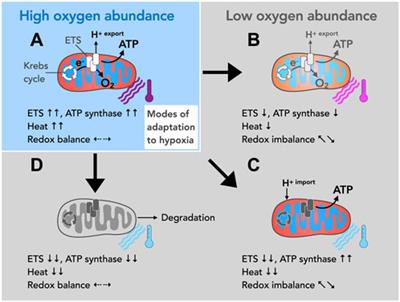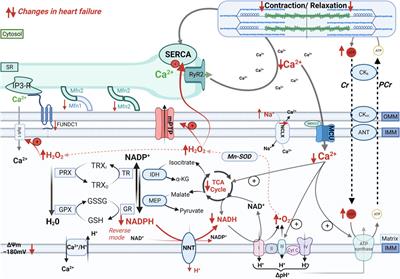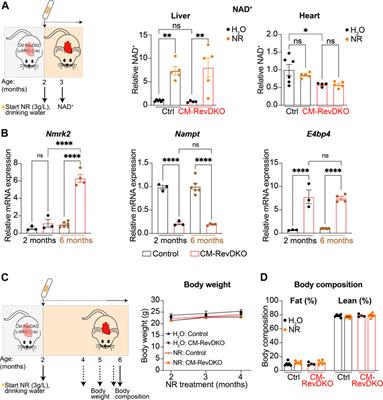EDITORIAL
Published on 03 Jul 2024
Editorial: Mitochondrial dysfunction affects mechano-energetic coupling in heart failure
doi 10.3389/fmmed.2024.1433102
- 662 views
3,412
Total downloads
16k
Total views and downloads
You will be redirected to our submission process.
EDITORIAL
Published on 03 Jul 2024
ORIGINAL RESEARCH
Published on 29 Apr 2024

MINI REVIEW
Published on 06 Dec 2023

MINI REVIEW
Published on 01 Sep 2023

REVIEW
Published on 23 Aug 2023

BRIEF RESEARCH REPORT
Published on 09 May 2022

